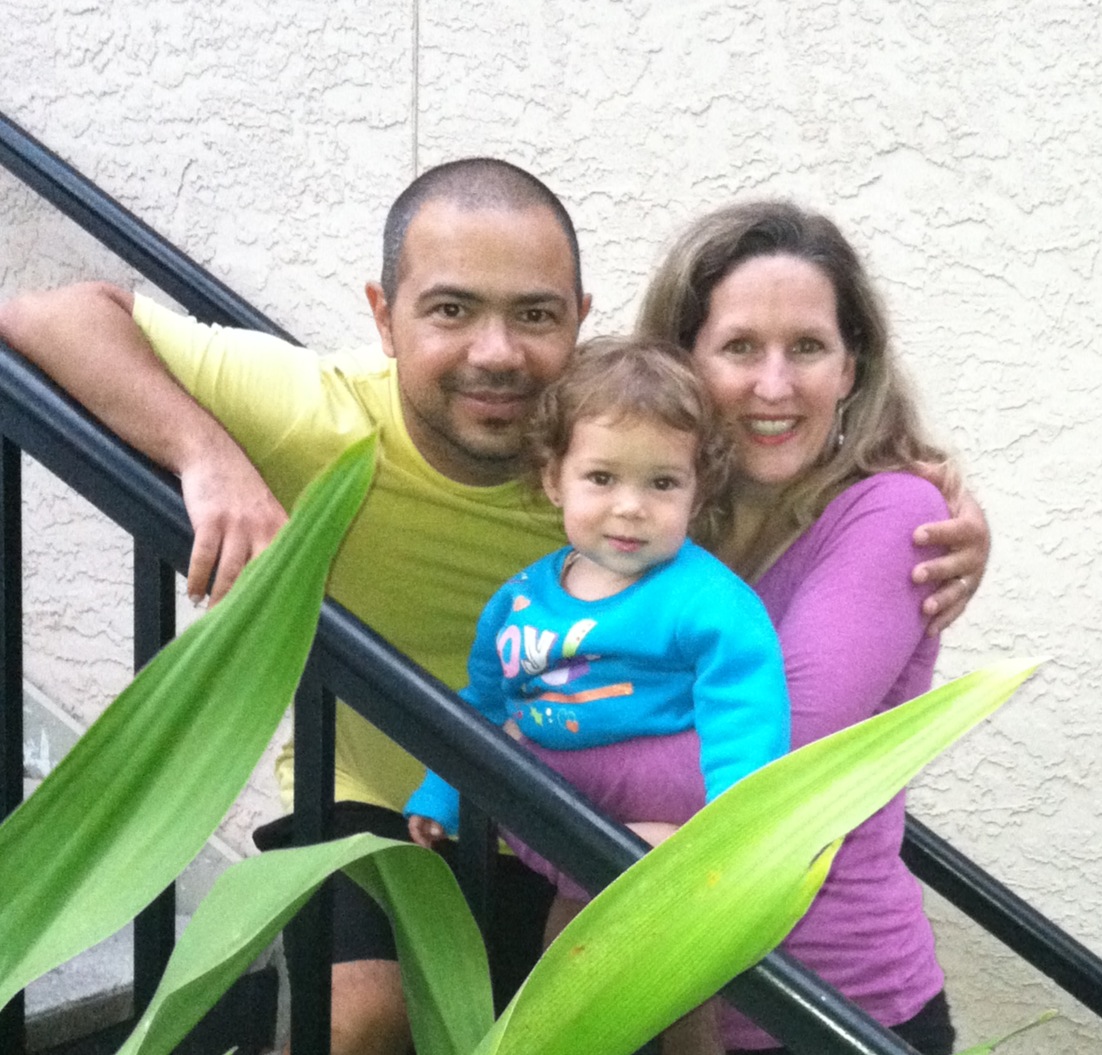[youtube id=”XKTg_INHgpc” w=”320″ h=”215″]
Very often we face our reality and we cannot find the correct answer for our deep and sincere questions.
A young mother may ask herself where God was when she lost her baby. A responsible father who has to take care of his family may ask himself where God was after losing his job. An older brother may get confused and mad at God after losing his younger brother in a car accident.
Where is God?
Where was God when my cousin was abused?
Where was God when my father got drunk, yelled at home and did not respect my mom?
Where is God?
This is a question that I hear very frequently…
Clive Staples Lewis was born on November 29, 1898, in Belfast, Northern Ireland. In 1908, his mother Flora Lewis died from cancer, which contributed to Lewis’ early atheism. He prayed and asked God for a miracle to save and heal his mother, but his prayer was not heard according to his expectation. His mother passed away with cancer and he became an atheist.
It was in one of the Magdalen College rooms that Lewis converted, very reluctantly, from long-held atheism to a belief in God. In 1929, Lewis knelt down to pray for the first time since he was a child.
In the 1940s and 50s, C.S. Lewis was a member of a small group of like-minded friends called “The Inklings.” They met at the Eagle and Child Pub on St. Giles Street in Oxford to discuss literature, writing, religion and life.
Another prominent member of the Inklings was Lewis’ Catholic friend J.R. Tolkien; discussions at this pub contributed to the final form of both Lewis’ Narnia books and Tolkien’s Lord of the Rings series.
Lewis wrote all the Narnia books and other classics such as The Problem of Pain, Surprised by Joy and many others.
He wrote Surprised by Joy in order to express his experience with God and his new life. It was not an experience with a certain religion. It was not an experience with “Christianity” either but it was definitely a very personal and deep experience with God.
After writing Surprised by Joy, In 1956, “ironically” speaking he met and married the American writer Joy Davidman. But his “joy” did not last too long because Joy died four years later of cancer like his mother. Joy was only 45 years old when she passed away.
Lewis died three years after his wife, as the result of renal failure. He died on 22 November 1963—the same day that U.S. President John F. Kennedy was assassinated.
I do not have all the answers. No one does!
However, if you take a look at C S Lewis’ life and his writings you will realize how he was able to grow up as a person, how his writings incredibly became deeper and much more profound as he went through his pain, ambiguous circumstances, paradoxes, contexts between joy and Joy, Joy, joy and sadness, life and death, anger and hope, prayers and sickness, disappointment and faith.
Ecclesiastes 11:5 says “As you do not know the path of the wind, or how the body is formed in a mother’s womb, so you cannot understand the work of God, the Maker of all things”.
I understand when Soren Kierkegaard writes “Life can only be understood backwards; but it must be lived forwards”.
Everyone has his own journey. Everyone has his own struggles. Everyone has his own questions. Everyone will have the chance to choose between living a bitter and angry life or moving forward in spite of whatever may come across the journey in order to be able to look back in the future and understand God was there even though it seemed to me He was not.
Fabio
Clearwater



